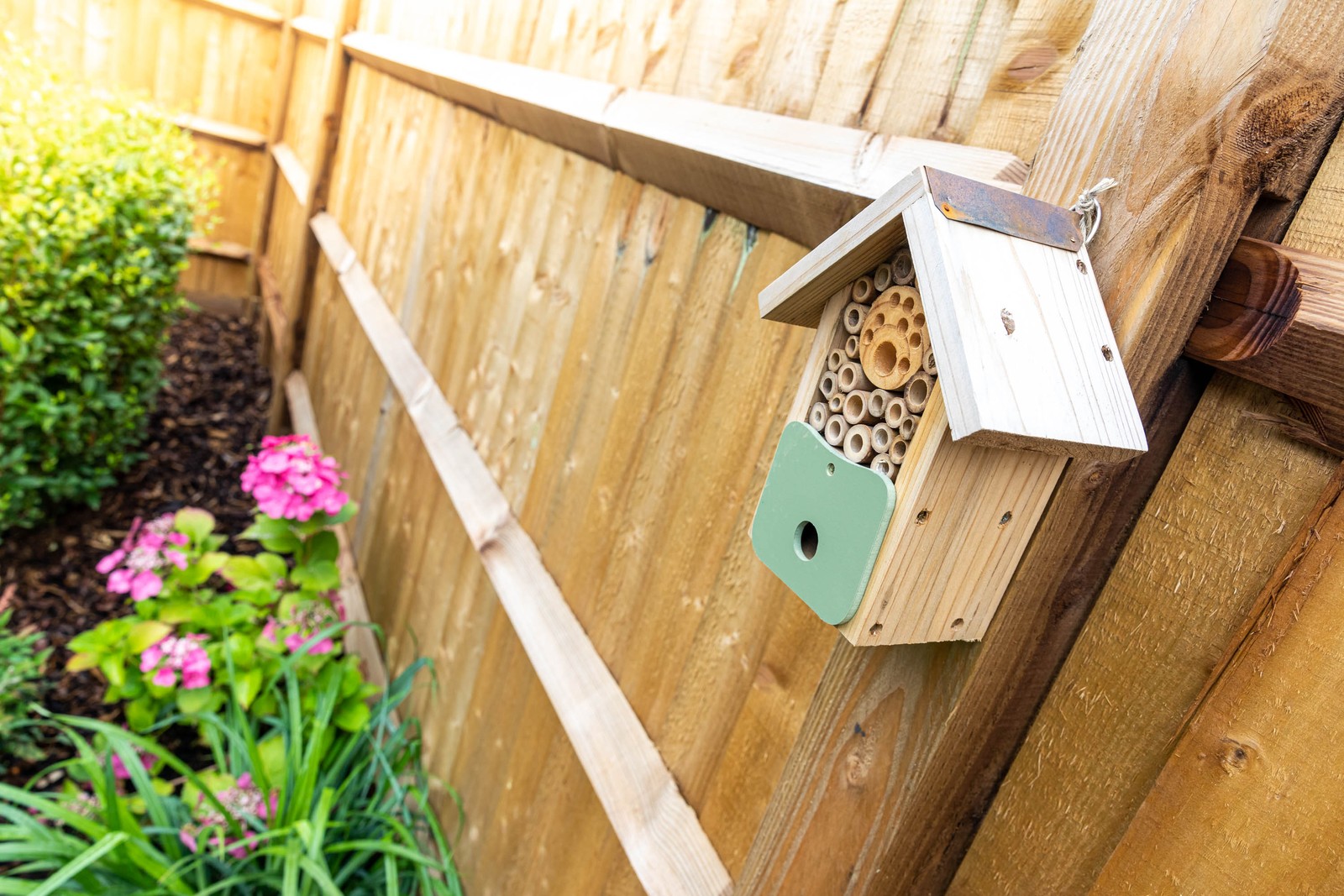One of our favourite things about summer is the hope we'll be able to spend days in the sunshine in our gardens. After all, it is an extension of your living space. However, if the winter has been particularly wet and windy then your garden may need some TLC before it's summer ready.
We've pulled together our top tips to help you care for your garden as we move into the warmer months.

Summer lawn care tips
1. Mow and water timings
We would recommend mowing your lawn no more than once a week as allowing the grass to grow a little longer than normal will help reduce stress on your lawn. Trimming your lawn too short can result in unsightly brown patches, so be sure to raise the blades when cutting. You can amend the mower blade setting too.
Persistent hot and dry weather can quickly affect the appearance and overall health of your grass, so watering regularly during periods of dry weather is key.
2. Feed and condition
Feed and condition your lawn to keep it looking green and healthy all summer long. If you don't, your grass is likely to turn yellow, become thin and more susceptible to weeds and disease.
3. Keep on top of weeds and moss
It's important to stay on top of removing weeds and moss in your garden to keep your lawn in good condition. Weeds will compete with the grass for moisture and moss can inhibit the growth of your lawn.

Plant care tips
Experts say spring is the ideal season to plant, so by summer your flowers and plants will be in full bloom. Taking care of them throughout the warmer months will ensure you can enjoy them through to autumn.
1. Keep them hydrated
It's important to keep your plants well hydrated by checking their moisture levels daily and watering them, either in the morning or evening, if the soil is dry. Container plants require more water than those planted directly in the ground so be sure to place your finger on the compost to assess the moisture levels.
2. Feed up
To maintain the health of your plants, it is essential to feed them with a high potash feed as constant watering may wash away the nutrients from the compost in your pots and planters. Feeding them with fertiliser will help them grow better and produce more flowers and fruit.
3. Deadhead plants
Make sure to deadhead your plants regularly after the flowering period to promote new growth and maintain their tidy appearance. Deadheading plants is a gardening technique that involves removing dead or faded flowers from plants.
4. Enjoy the cuttings
Summer is also the ideal time to take cuttings from bedding plants, like fuchsias, pelargoniums, marguerites and petunias, which can be potted up and prepared for next season. Additionally, it's a good time to start planning for next year, particularly planting spring bulbs in September.

With the warmer weather you might start to notice more wildlife in and around your garden, and it's important to look after them too. Take a look at our Taking Care of Wildlife in your Garden blog to find out more about the ways you can do this.
If you have any questions about your garden, please do not hesitate to contact your local customer service team. Visit our Contact Us page for details.





